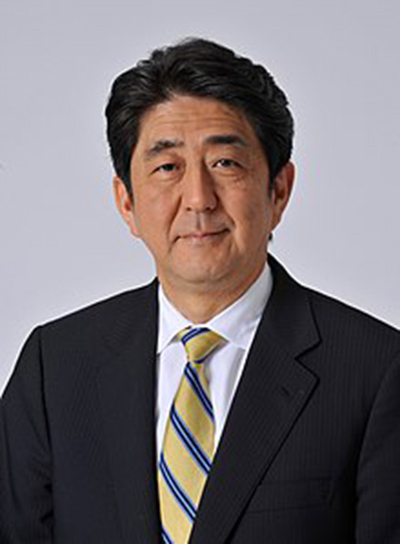Postponing the Olympic Games to next year was the right thing to do.
After several weeks of uncertainty, the official announcement was made on Tuesday.
Japan’s Prime Minister Shinzo Abe and International Olympic Committee president Thomas Bach agreed to postpone the Tokyo 2020 Olympics by about one year.

The opening ceremony had been planned for July 24.
As the globe grapples with the COVID-19 pandemic which is predicted to get worst, it was inevitable that this logical decision would be made.
According to a statement, the World Health Organization had consulted with both parties on Tuesday about what it called the “accelerating” pandemic. There are now more than 390,000 confirmed cases of COVID-19 worldwide, with more than 17,000 deaths. Nearly every country has been impacted.
The decision is unprecedented as the Games have never been rescheduled for something other than war. In 1916, 1940 and 1944, the Games were canceled because of World Wars One and Two. But 2020 has proven to be a historical year thus far.
While the host nation, which has invested in excess of $US12 Billion will take a severe financial blow, the health and safety of the athletes was what was most important.
The postponement will also impact the billions spent by sponsors and broadcasters.
The U.S. Olympic and Paralympic Committee sent a survey over the weekend to more than 4,000 American Olympics hopefuls, and nearly seven in 10 respondents said they did not think the Games would be fair if held in July. Germany and Poland had also called for the Games to be delayed.
The IOC and Tokyo organizers said they hope the decision to postpone will help the world heal from the pandemic.
As the globe grapples with the COVID-19 pandemic, numerous sporting events have been postponed or cancelled, the Olympic Games being the latest casualty.
Guyanese are also dealing with a tense political climate following the elections on March 2 of which a winner is yet to be determined.









